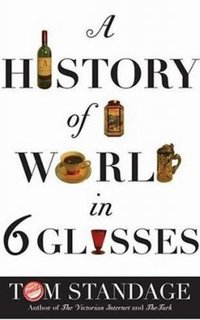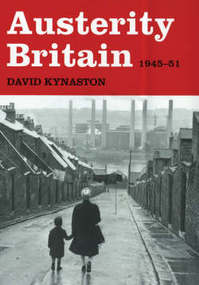(p. A9) Mr. Nader, the consumer crusader who ran for president to the left of Al Gore, is perhaps the last person one would expect to admire a libertarian critique of the corporate state. But in “Unstoppable” he respectfully describes the views of Ludwig Von Mises, Friedrich von Hayek, Milton Friedman, George Stigler and other free-market economists. He praises their distrust of politicians, lobbyists and businessmen who seek to put government power in the service of corporate profit.
Not that the Republican Party is always guided by such thinkers. Mr. Nader neatly describes how corporatist RINOs (Republican In Name Only) co-opt the party’s anti-statist crusaders. “The corporatist Republicans,” he writes, “let the libertarians and conservatives have the paper platforms . . . and then move into office, where they are quick to throw out a welcome mat for Big Business lobbyists with their slush funds.” He cites Adam Smith’s suspicion of regulations that benefit special interests: “Such restraints favor the privileged interests that want to entrench their economic advantages through the force of law.”
These are profound observations and ones that I saw play out while editing the Americas column for this newspaper in the 1980s and ’90s. Mercantilist Latin American businessmen who claimed to cheer market forces often thrived only because of their contacts in government. They reached out to the Journal’s editorial page as allies but were more socialist in practice than some of their left-wing enemies. Little did I suspect that a similar form of mercantilism, or corporate statism, would take root in the U.S. It is a pleasure to see Mr. Nader doing battle against such cozy arrangements.
For the full review, see:
DAVID ASMAN. “BOOKSHELF; Let’s Make a Deal; Ralph Nader’s latest crusade is against the convergence of big business and government power. Let’s hope he succeeds.” The Wall Street Journal (Fri., July 18, 2014): A9.
(Note: ellipsis in original.)
(Note: the online version of the review has the date July 17, 2014, and has the title “BOOKSHELF; Book Review: ‘Unstoppable’ by Ralph Nader; Ralph Nader’s latest crusade is against the convergence of big business and government power. Let’s hope he succeeds.”)
Book under review:
Nader, Ralph. Unstoppable: The Emerging Left-Right Alliance to Dismantle the Corporate State. New York: Nation Books, 2014.



